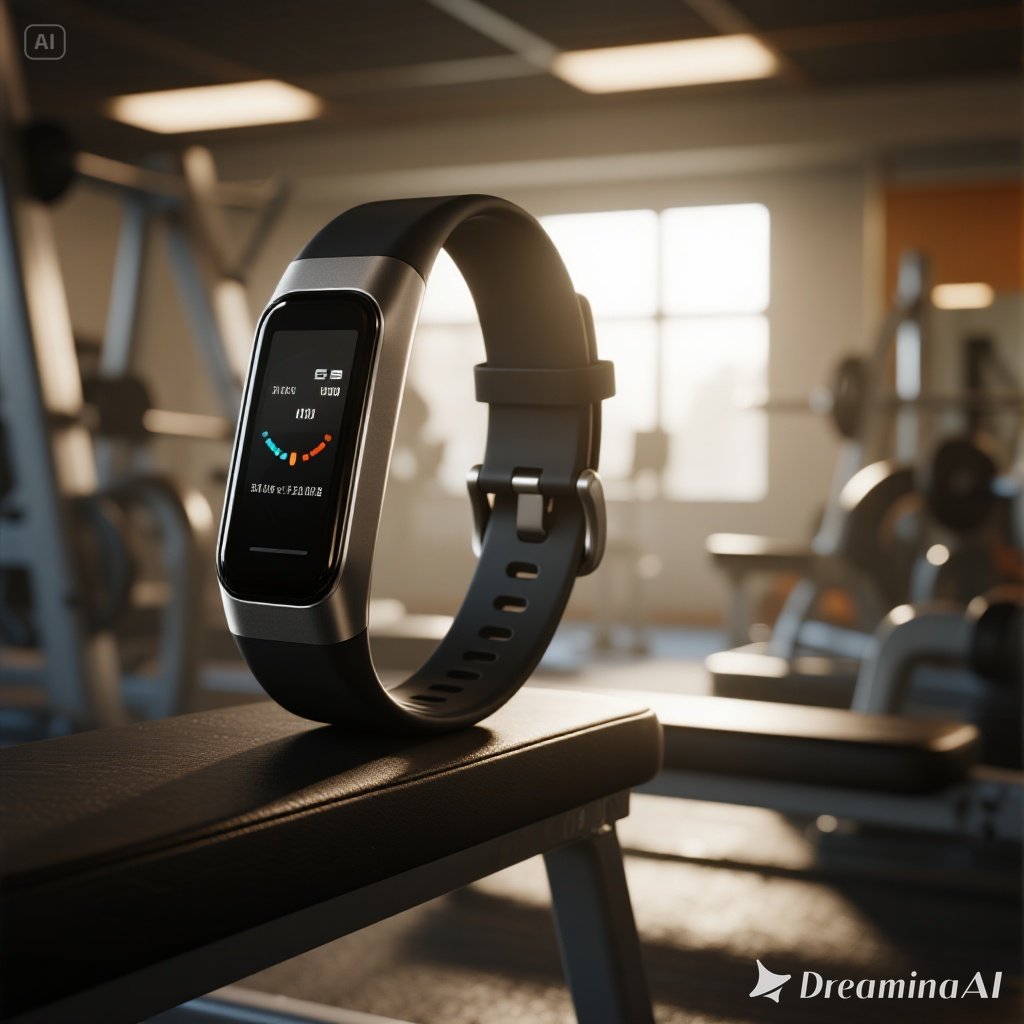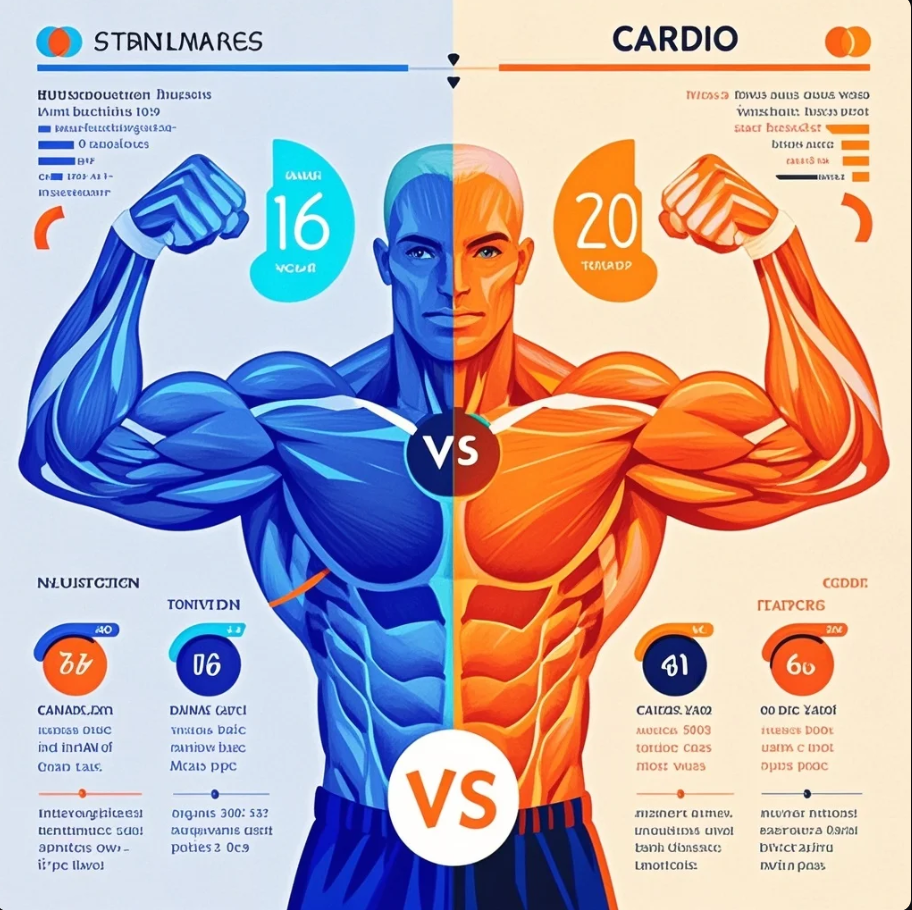Virtual fitness coaches are on the rise, offering personalized workouts and AI-driven guidance. But are they effective? Explore the pros, cons, and future of digital coaching.
The fitness industry has undergone a massive transformation over the past few years. With the advancement of digital technology, artificial intelligence, and wearable devices, virtual fitness coaches are becoming increasingly popular. These digital trainers promise personalized workout routines, real-time feedback, and 24/7 accessibility, all without the need for an in-person trainer. But the question remains: are virtual fitness coaches truly effective?
1. What Are Virtual Fitness Coaches?
A virtual fitness coach is a digital platform or AI-powered app that provides guidance on workouts, nutrition, and lifestyle.
- Forms of virtual coaches: mobile apps, AI chatbots, VR fitness platforms, or hybrid solutions combined with wearables.
- Functions: designing training plans, tracking progress, giving feedback, and motivating users.
These systems are designed to replicate (and sometimes enhance) the role of a personal trainer.
2. Advantages of Virtual Fitness Coaches
a. Accessibility
- Available anytime and anywhere, as long as you have a device and internet connection.
- Perfect for people with busy schedules who cannot always attend a gym.
b. Affordability
- Virtual coaches are generally cheaper than hiring personal trainers.
- Many platforms offer free or low-cost subscription models.
c. Personalization
- AI algorithms can analyze data from smartwatches, fitness trackers, and health apps to create tailored workout plans.
- Nutrition recommendations are often included for a more holistic approach.
d. Motivation and Consistency
- Gamification elements like badges, progress tracking, and reminders encourage consistency.
- Some platforms provide community challenges to keep users engaged.
3. Limitations of Virtual Fitness Coaches
a. Lack of Human Connection
- No matter how advanced, AI cannot fully replicate empathy, intuition, and personal encouragement from a real trainer.
b. Risk of Injury
- AI-based feedback may not always accurately correct posture or detect improper form, increasing injury risks.
c. Generic Programs
- While personalized, some workouts may still feel generic compared to the nuanced adjustments of a human coach.
d. Dependence on Technology
- Technical issues, poor internet, or lack of compatible devices can disrupt progress.
4. Hybrid Solutions: The Best of Both Worlds
Many fitness companies are now offering hybrid coaching, combining AI-driven virtual tools with real trainers who supervise progress online.
- Example: Trainers review data from apps and provide live video consultations.
- Benefit: Users enjoy affordability and convenience while still receiving human expertise.
5. Effectiveness in the Real World
The effectiveness of virtual fitness coaches largely depends on:
- User commitment: consistency is key regardless of training method.
- Technology quality: advanced platforms with motion tracking and AI-driven corrections are more effective.
- Goals: for general fitness and weight loss, virtual coaches are often highly effective. For advanced training (e.g., bodybuilding or rehabilitation), human trainers remain superior.
Conclusion
The rise of virtual fitness coaches marks an exciting era in the health and fitness industry. They are accessible, affordable, and highly effective for many people, particularly beginners and those with busy lifestyles. However, they are not a complete replacement for human trainers, especially in cases requiring specialized training or injury prevention. The most effective approach may be a hybrid model, blending digital efficiency with human expertise.
Recommend :














